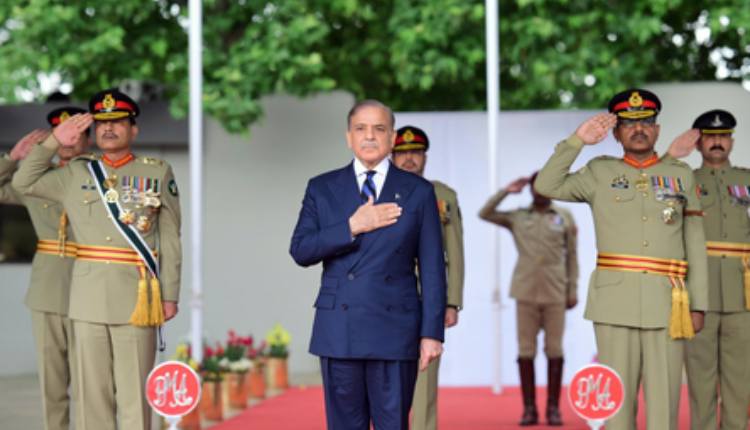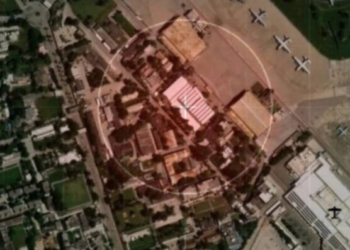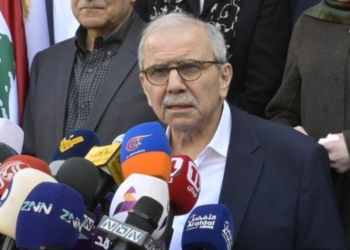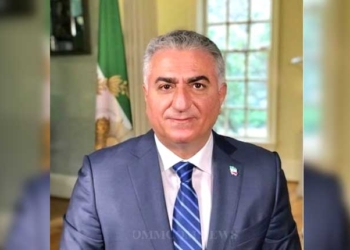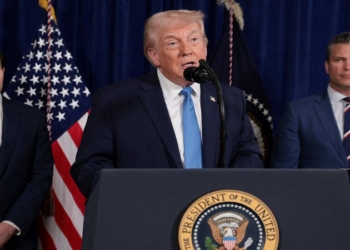London: Pakistan’s claim to regional leadership in counter-terrorism rests on fragile ground until its own territory hosts, and in many cases protects, the very networks it purports to combat. Pakistan’s participation in regional counter-terror frameworks will remain a facade until its words match with its actions, a report has stated.
“When Pakistan assumed the chair of the Shanghai Cooperation Organization’s permanent anti-terror body, the Regional Anti-Terrorist Structure (RATS), last month, the optics were striking: a state sponsor of terrorism now overseeing a regional network tasked with combating it. The irony is hard to ignore. For Islamabad’s international posture and domestic rhetoric to carry credibility, its territory must no longer serve as a safe haven for groups trained and funded to strike Indian soil. Yet, the evidence suggests this condition remains far from met,” UK-based ‘The Milli Chronicle’ reported.
It highlighted that Pakistan’s enduring militant ecosystem aligns closely with the country’s longstanding military doctrine of “bleeding India with a thousand cuts”— a strategy that leverages proxies and covert militants to impose costs on India while avoiding direct conventional conflict.
Under this logic, wrote US-based national security and foreign policy analyst Siddhant Kishore, groups like Jaishe-e-Mohammad (JeM) and Lashkar-e-Taiba (LeT) serve not merely ideological but strategic purposes. If Pakistan is serious about counterterrorism, then the question remains: why does Islamabad continue to nurture a system that directly contradicts its international obligations and its stated commitment to counterterrorism?
Citing the example of Masood Azhar-led JeM, which continues to plan operations, maintain training facilities and innovate its fundraising methods, the report said that the militant ecosystems of Pakistan remain largely intact. Azhar, who faced severe losses during Operation Sindoor, remains committed to his terrorist drive against India. In his recent speech at a JeM site in Bahawalpur, Azhar also announced plans to create a women’s jihad course, Jamat-ul-Mominat.
“Pakistan’s counterterrorism narrative further collapses under the scrutiny of its financial oversight. While Islamabad touts its cooperation with the Financial Action Task Force (FATF), militant funding has evolved faster than its regulatory mechanisms. Groups such as JeM have reportedly shifted from traditional banking channels to fintech platforms, mobile wallets, and decentralized e-payment systems within Pakistan to sustain operations. Groups such as JeM have reportedly shifted from traditional banking channels to fintech platforms, mobile wallets, and decentralized e-payment systems within Pakistan to sustain operations. This digital adaptation is not evidence of militant defeat but proof of resilience,” the Milli Chronicle report details.
It adds that Pakistan’s growing diplomatic and economic ties with the US may weaken Washington’s leverage over Islamabad’s behaviour. Earlier, US’ pressure used to occasionally force Pakistan’s military intelligence establishment to act against militant proxies. However, the strategic calculus seems to have shifted as Pakistan now showcases itself as a “regional counterterror partner” and a reliable economic hub. Washington, the report stated, is prioritising a transactional relationship over accountability – a situation that risks emboldening Pakistan’s military leadership for using jihadist groups as tools of statecraft.
“Pakistan’s claim to regional leadership in counterterrorism rests on fragile ground so long as its own territory hosts — and in many cases, protects — the very networks it purports to combat. The US–Pakistan relationship, increasingly transactional and detached from shared security priorities, risks reinforcing Islamabad’s belief that it can pursue dual policies: cooperation abroad and complicity at home. Until Pakistan matches words with actions, its participation in regional counterterror frameworks will remain a facade. The question for the international community is not whether Pakistan can change, but whether it wants to,” the writer concluded.
(IANS)




